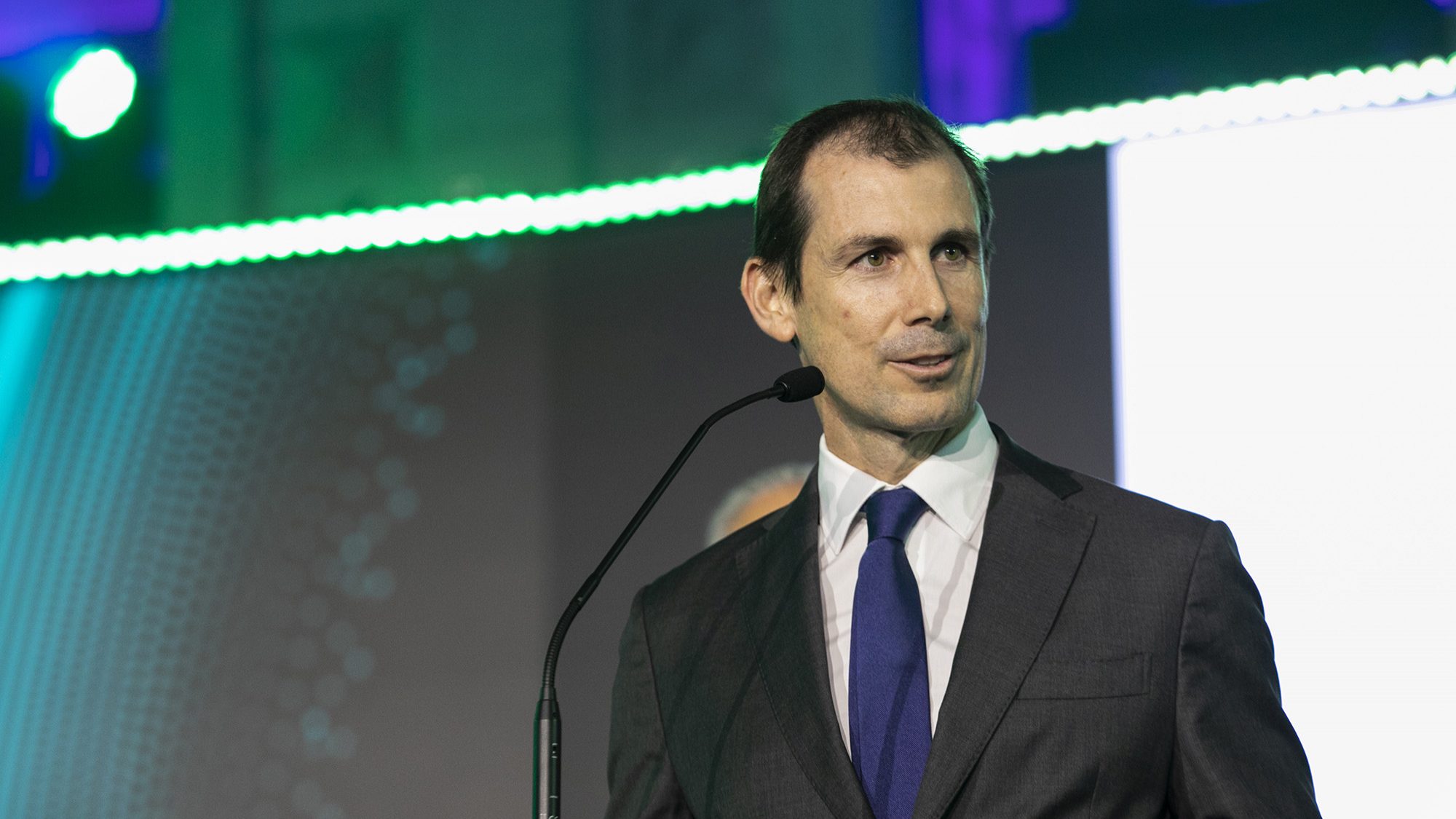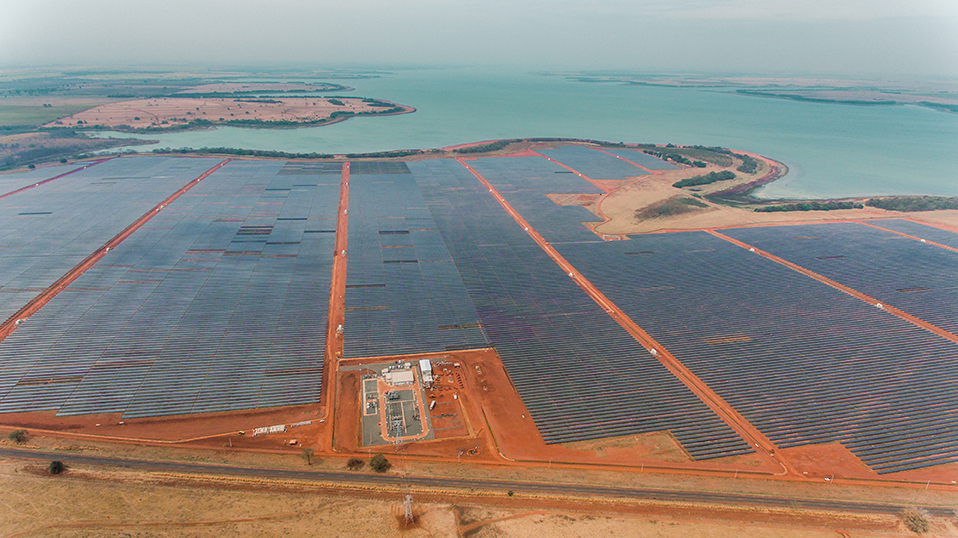EU toolbox for energy crisis key to ensuring ‘uniform’ response – EDP
Miguel Stilwell, EDP's CEO, said on Thursday that the European Commission's guidelines for European Union member states to cap electricity bills are important.
The CEO of Energias de Portugal (EDP), Miguel Stilwell d’Andrade, said on Thursday that the European Commission’s guidelines for European Union member states to cap electricity bills at a time of energy crisis are important to ensuring a “uniform” response.
Answering a question during the ESG Days initiative – on the environment, social and corporate governance – that related to EDP’s position regarding the “toolbox” that the commission presented on Wednesday, containing measures that EU members can adopt while still respecting EU rules, to keep household and companies’ electricity bills down at a time of energy crisis, Stilwell d’Andrade began by pointing out that different governments have adopted “disparate” measures, citing as an example of Portugal and Spain.
“We have recently seen the Spanish government taking strong measures with a significant impact on the market,” he said. “In Portugal, some measures have also been taken, but obviously of quite a different nature, basically using some ‘cushions’ in the system to cope with the [electricity] price spike.”
This, he said, “shows two countries, side by side, taking very different measures to react to the current energy crisis in Europe.
“I think this shows the importance of this toolbox for a common, more uniform approach to this type of situation,” he said, describing the commission’s guidelines as “very positive”.
To deal with the price spike, the EU executive is proposing short and medium-term measures such as “providing emergency income support to energy-poor consumers, for example through vouchers or partial bill payments, which can be supported with ETS [the EU’s Emissions Trading System] revenues” as well as “temporary deferrals of bill payments”.
Other “immediate measures to protect consumers and businesses” put forward by the commission include establishing safeguards to prevent grid disconnections, creating temporary and targeted reductions of certain taxes for vulnerable households, providing aid to businesses or industries in line with EU state aid rules, and improving international outreach in the energy field.
On companies in the energy sector, it proposes that member states investigate “possible anti-competitive behaviour in the energy market” and ask the European Securities and Markets Authority (ESMA) “to improve monitoring of developments in the carbon market.”
In its statement on the exceptional increase in energy prices – which is expected to last until the end of winter – the commission states that countries can “facilitate wider access to renewable energy purchase agreements and support them through accompanying measures” and warns that these initiatives “must not disrupt” the “long-term transition and investments in cleaner energy sources.”
EU figures show that in 2020 eight member states (out of the 21 from where data is available) recorded an annual increase in the energy poverty rate, while 13 recorded a decrease, including the five member states with rates above 15%, of which Portugal is one, along with Bulgaria, Greece, Cyprus and Lithuania.
The proposed toolbox is now to be presented to the European Parliament and the EU Council and is on the agenda of next week’s EU leaders’ summit.
In December, the commission is to present a package of initiatives on the energy sector, with the possibility of its intervening regarding the purchase and storage of gas in order to strengthen EU reserves.


